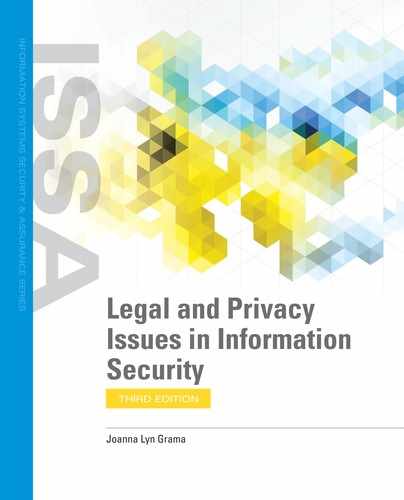How Do These Contracts Regulate Behavior?
EULAs, terms of use, and terms of service agreements attempt to regulate user behavior. They state how a consumer can and cannot use certain products or services. They tend to severely limit a consumer’s rights and give the owner or vendor of the product or service many rights. If a consumer fails to follow the terms of these agreements, an owner can try to sue for breach of contract. If a consumer follows the terms of these contracts, then he or she is regulating his or her behavior in a manner that is most likely advantageous to the owner or vendor of the product or service.
Consumers need to take the time to read these types of agreements. They are not all created equal. It would be a mistake to think that these agreements simply govern the intellectual property rights of the owners of a product or service. Although many EULAs and terms of service do this, some also have unexpected terms. For example, some of these terms include language that would allow the vendor to install additional software onto a consumer’s computer system. The additional software could be used to learn the consumer’s internet habits in order to supply targeted advertisements. These types of contracts also can have terms about additional licensing fees or deeply buried upgrade, support, or maintenance fees. For applications used on mobile computing devices, such as smartphones, these types of contracts also might grant the application access to other types of personal user data stored on the device. Reading the EULA or terms of service agreement is the only way for a consumer to know what rights he or she is giving up.
![]() NOTE
NOTE
A 2010 study reported that more than half of the study’s participants spent only 8 seconds reviewing EULAs.27 A 2017 study found that 97 percent of people ages 18 to 34 agree to terms of service contracts without reading them at all.28
Consumers should look for some of the following terms when reading EULAs or terms of service contracts:
- Use—Does the contract give the vendor the right to change the service or product whenever it wants? Does the vendor have the unilateral right to stop providing certain important features? Does the vendor have the right to investigate how the user uses the product or service to determine if there has been a violation of the contract?
- Fees—Does the contract have any hidden licensing fees or any hidden upgrade, support, or maintenance fees?
- Data use—Specifically for apps downloaded onto mobile computing devices, does acceptance of the contract mean that the consumer is also granting the app owner access to other data on the consumer’s device? Apps might grant access to content such as location data, pictures stored on the device, or the contacts that the consumer stores on his or her device. Does the contract allow the consumer the ability to limit how data is shared? Does it allow the consumer to prohibit the vendor from further sharing the consumer’s data?
 NOTE
NOTEA consumer should exercise caution if a contract says that products or services are provided “as is” or use is at the consumers’ “own risk.” This means that the seller is disclaiming several different consumer protection warranties.
- Representations and warranties—Does acceptance of the contract mean that the consumer bears all economic risk related to downloading and using the product or service? What is the consumer’s recourse if the product or service includes viruses and errors, or causes data loss or hardware/software failure? Does the contract state that use of the product or service is at the consumer’s own risk? Does it state that the products are provided “as is?”
- Advertising—Does the contract give the vendor the right to include embedded software or spyware with the desired product or service? Does acceptance of the contract mean that the consumer consents to receiving advertising content, from either the vendor or other third parties? Is the vendor allowed to collect usage data and other statistics related to the consumer’s use of the service? How is this data used?
- Criticism—Does the contract specifically prohibit the consumer from publicly criticizing the product or service?
- Updates—Does the contract state that updates are covered by the original contract? Are updates covered by a new contract that the consumer must specifically agree to?
- Termination and breach—Does the contract allow a consumer to stop using the product or service at any time? Can the consumer stop using the product by uninstalling and destroying software and documentation? Must the vendor destroy any consumer personal data it has collected when the contract ends?
 NOTE
NOTETerms in a contract that state that consumers must file lawsuits in a certain state or county in that state are called forum selection clauses. Contracting parties use forum selection clauses to control questions about jurisdiction. They also use them so that they can litigate lawsuits in front of a familiar court. It is the legal equivalent of “home court advantage.”
- Boilerplate terms—Does the contract state that it is subject to change without notice? Does it state that the consumer specifically consents to any modifications of the contract without notice? Does it include dispute resolution terms? Does it contain jurisdiction language? Does it require that consumers file lawsuits in a certain state and county within that state?
Consumers must think about what they are willing to agree to, or even give up, in order to use a particular product or online service. They must balance their need for the use of a product or service with other contract terms that might place them, or their data, at a disadvantage.
